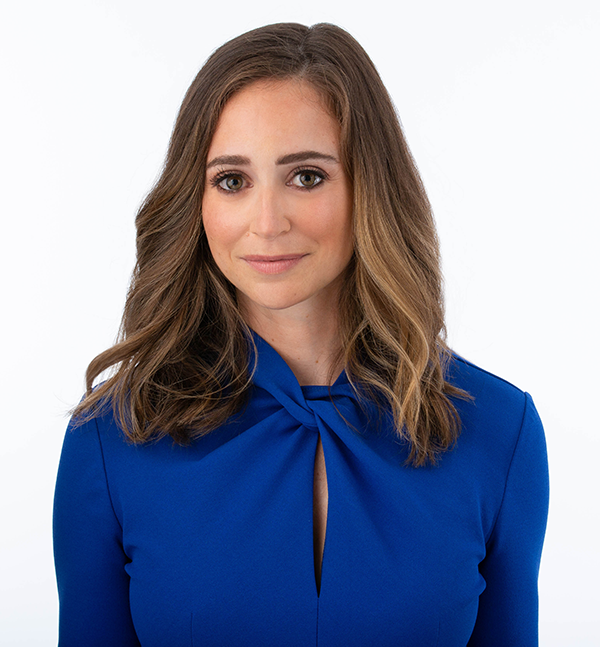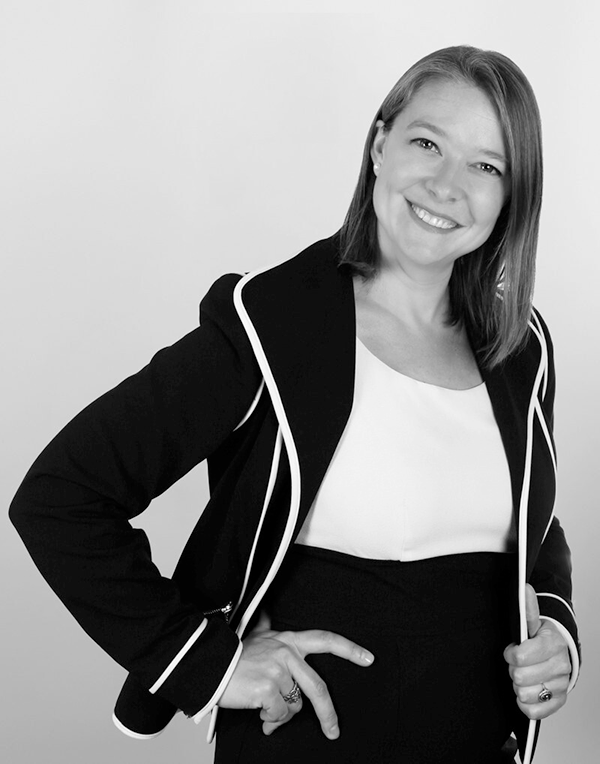Above the Line Network launches for lawyers who work with middle-class clients

The mission of the new Above the Line Network is to bring together incubators, socially conscious law firms, nonprofit law firms and legal aid organizations to transform the delivery of legal services for the underserved middle class. (Image from Shutterstock)
Jessica Bednarz was working at the Chicago Bar Foundation in 2022, when she began thinking about how to connect lawyers and legal professionals who specifically serve the middle class.
Nearly a decade earlier, the Chicago Bar Foundation had launched its Justice Entrepreneurs Project, an incubator that helps lawyers create socially conscious practices and offer cost-effective legal services to clients of all incomes. This includes people of modest means who don’t qualify for legal aid and can’t afford to hire a private attorney.
In highlighting the model at conferences, Bednarz met an increasing number of lawyers who wanted to serve the middle class or were already doing so with little guidance and few resources. She and her colleagues decided to do more to support these lawyers, and in turn, improve access to justice for their clients.
 The middle class “also don’t have access to legal services, and if we truly want to have access to justice for all, then they need to have it, too,” says Jessica Bednardz. (Photo courtesy of Jessica Bednarz)
The middle class “also don’t have access to legal services, and if we truly want to have access to justice for all, then they need to have it, too,” says Jessica Bednardz. (Photo courtesy of Jessica Bednarz)“We thought there could be a benefit to bringing them all together to create a community, to help them identify best practices and share ideas, and then hopefully also to identify replicable models so we can get more people into this space,” says Bednarz, who is now the director of Legal Services and the Profession at the Institute for the Advancement of the American Legal System at the University of Denver.
The Chicago Bar Foundation and Institute for the Advancement of the American Legal System teamed up, and in late January, announced the launch of the Above the Line Network. The mission of the new network of incubators, socially conscious law firms, nonprofit law firms and legal aid organizations is to transform the delivery of legal services for the often overlooked and underserved middle class.
According to the Above the Line Network, the middle class represents about 50% of the U.S. population. It defines this group as people who earn at least 125% of the federal poverty line—$18,225 for an individual in 2023—and up to two times the median household income—$141,568 for an individual that same year.
To qualify for free legal aid, however, an individual’s income often must fall at or below 125% of the federal poverty level, Bednarz says.
“There are a lot of organized access-to-justice efforts right now, and rightfully so, that are very focused on low-income and poor people, the most vulnerable populations,” she says. “But oftentimes that middle-class voice is what’s missing. … They also don’t have access to legal services, and if we truly want to have access to justice for all, then they need to have it, too.”
The work ahead
As part of its work, the Above the Line Network will identify and recruit legal services providers, technologists and other professionals in the United States, Canada and elsewhere who are interested in developing or improving models that serve the middle class and small businesses.
 “[T]here are so many people that are doing this type of work and in ways that are unsupported, whether it be geographically or just because they’re not connected with others,” says Roya Samarghandi. (Photo by Martha Abelson)
“[T]here are so many people that are doing this type of work and in ways that are unsupported, whether it be geographically or just because they’re not connected with others,” says Roya Samarghandi. (Photo by Martha Abelson)Roya Samarghandi, the associate director of advocacy, innovation & training at the Chicago Bar Foundation, brings that very experience to her own work with the network. Beginning in 2015, she participated in the foundation’s Justice Entrepreneurs Project and then opened her own firm to assist low-income and middle-income clients.
“Building the community is the first and foremost, top priority now that we’ve officially launched, because there are so many people that are doing this type of work and in ways that are unsupported, whether it be geographically or just because they’re not connected with others,” says Samarghandi, who joined the Chicago Bar Foundation in early 2023.
Erin Monahan also has been involved in efforts to assist what she calls “the missing middle” for several years. As the director of projects and operations at Access Pro Bono Society of British Columbia in Vancouver, she helped create the Everyone Legal Clinic. Since 2022, the public interest law clinic and legal incubator has worked to increase access to justice for all British Columbians.
Monahan became an early member of the Above the Line Network, serving first on its Strategic Planning Committee and now on its Advisory Committee. As more lawyers and organizations join the network, she is most looking forward to discussing different models and their challenges and successes, she says.
 Erin Monahan of the Access Pro Bono Society of British Columbia became an early member of the Above the Line Network. (Photo courtesy of Erin Monahan)
Erin Monahan of the Access Pro Bono Society of British Columbia became an early member of the Above the Line Network. (Photo courtesy of Erin Monahan)“I don’t believe there’s any other model like ours in Canada, certainly not the size of our clinic and with everything we’re attempting to achieve,” Monahan says. “So, it’s great to be part of a community where we can hear what other models are doing, and think about, ‘What can I take from that? What ideas can I show to other clinics to hopefully help them launch and be successful?’ ”
The Above the Line Network plans to help educate the broader legal community about issues facing the middle class and build support among law firms, bar associations and others for bridging the gap in affordable legal services. It also will advocate for reforms that increase access to justice for middle-income clients.
“There’s very little understanding or recognition of the fact that more than 50% of the population is priced out of low-income, but also higher-income, legal services,” Samarghandi says. “And once we’ve educated on the actual problem, how do we address it?
“One of the largest things I hope we can accomplish is advocating for the middle class with a collective voice both in terms of supporting programs that are serving this market, but also thinking about how we can change how legal services are delivered.”
The Above the Line Network is open to all individuals and organizations interested in working with the middle class. Additional membership criteria and information on how to join are available on the network’s website.
The Above the Line Network also is offering a complimentary two-part webinar series for those who want to join or support its work:
• “Transforming the Delivery of Legal Services: Unveiling the Above the Line Network” is from 11 a.m. to noon Mountain Time on Feb. 27. Find more information and register here.
• “Tackling Root Causes & Overcoming the Middle-Class Access to Justice Problem” is from 11 a.m. to noon Mountain Time on March 7. Find more information and register here.



